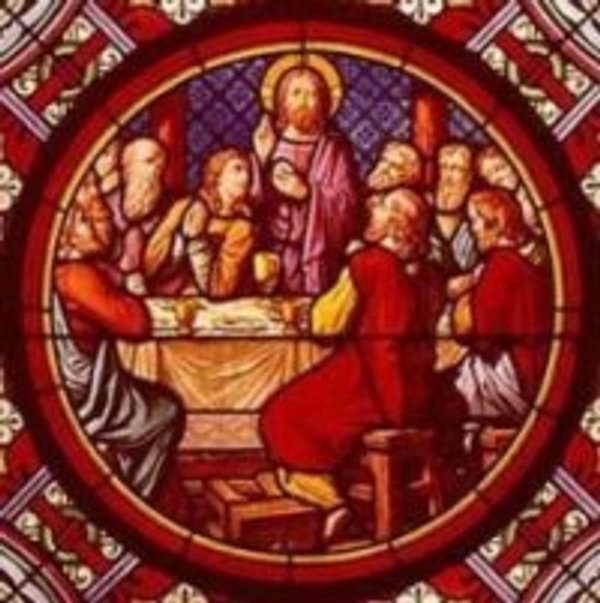● The hours that preceded the Passion and Death of Jesus were registered with singular force in the memory and heart of those who were with Him.
► For this reason, many of the details concerning what Jesus did and said at the Last Supper are recorded in the New Testament. It is one of the best reported episodes of His life, according to Joachim Jeremias. On that occasion, Jesus was alone with the Twelve Apostles. (Matt 26:20; Mark 14:17 & 20; Luke 22:14). Neither Mary, His mother, nor any of the holy women were present.
● In St. John’s account, he explains that, in an act full of significance, Jesus washed the feet of His disciples thereby providing us with an example of humble service (John 13:1- 20). There then follows one of the most dramatic moments during this event: Jesus announces that one of those present is going to betray Him. They all look at another, stupefied by what Jesus has just said. Jesus, then, discreetly points to Judas (Matt 26:20–25; Mark 14:17–21; Luke 22:14 and John 13:21–22).
● So far as the supper itself is concerned, the most surprising aspect was the institution of the Blessed Eucharist. We have four accounts of this event: the three Synoptics (Matt 26:26–29; Mark 14:22–25; Luke 22:14–20) and that of St. Paul (1 Cor 11:23–26), all of which are very similar. In each case, the account only runs to a few verses. They record the actions and words of Jesus that gave rise to the Blessed Sacrament and which form the central element of the new rite: “And he took bread, and when had given thanks he broke it and gave it to them, saying ‘This is my body which is given for you. Do this in remembrance of me.’ (Luke 22:19 and ff.).
► These words express the enormous difference between what happened during this particular supper which Jesus had with his Apostles and an ordinary supper. Jesus did not distribute bread to those who were at table with Him at the Last Supper. Instead, what he gave was something utterly different under the appearance of bread: “This is my body.” And He gave to the apostles present there the necessary power to do what He had just done: “Do this in remembrance of me.”
● There is a further event of special relevance at the end of the supper. “And likewise the cup after supper, saying, This cup which is poured out for you is the new covenant in my blood.” (Luke 22:20 and ff.).
► The apostles understood that they had witnessed earlier the giving of His body under the appearance of bread whereas now they were being given His blood in a cup. Through this, Christian tradition understood that the memory of the separate giving of His body and blood was an efficient sign of the sacrifice that was to culminate on the cross a few hours later.
● Furthermore, Jesus continued to speak throughout with such affection that His last words penetrated into the heart of His apostles. The gospel of St. John records the extended and moving conversation at the end of the meal. It is at this point when the new commandment is pronounced, the fulfilment of which will become the sign that will define a Christian: “A new commandment I give to you, that you love one another; even as I have loved you, that you also love one another. By this all men will know that you are my disciples, if you have love for one another.” (John 13:34–35).
